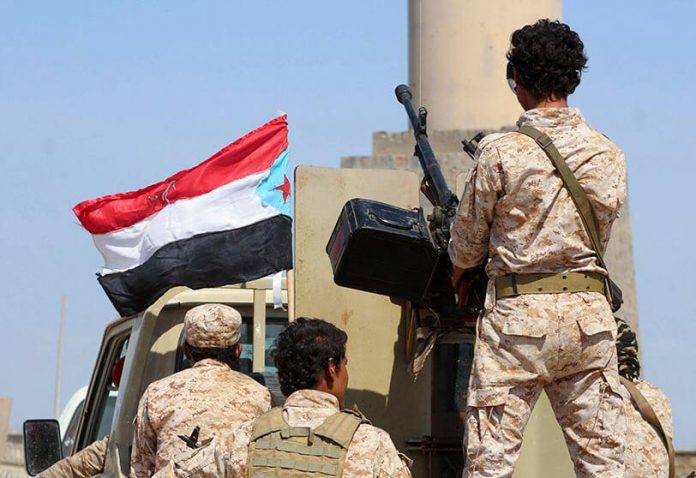The conflict between the government and the separatists of the STC, in principle allied against the Houthis rebels, represents a war within the war in Yemen.
The United Nations has warned that the clock is ticking for any negotiated settlement to end the wider conflict between the Houthis and the Saudi-led coalition that has claimed thousands of lives and demolished millions. The United Nations has tried to get the warring sides to enter into peace negotiations.
The separatists in southern Yemen announced on Wednesday 29 July that they were giving up their autonomy and said they were ready to implement the Riyadh agreement, which provides for power-sharing in the south between the government and them. Saudi Arabia confirmed that it had proposed a plan to “accelerate” the implementation of the 2019 Riyadh agreement.
The plan calls for the Yemeni Prime Minister to form a new government within 30 days, as well as the appointment of a new governor in Aden, the southern capital, where the separatists are based. Saudi Arabia’s efforts “have led the Yemeni government and the Southern Transitional Council to accept the proposed mechanism to implement the Riyadh agreement,” Saudi Deputy Defence Minister Prince Khalid bin Salman was quoted on Twitter as saying.
A war within a war
Yemeni President Abd Rabbo Mansour Hadi, exiled in Saudi Arabia, had urged the separatists at the end of June to “stop the bloodshed” and respect a power-sharing agreement when he spoke for the first time since their declaration of autonomy for the south in April. The conflict between the government and the STC separatists, in principle allied against the Houthis rebels, represents a war within the war in Yemen.
This war within the war has added to the complexity of a conflict that in five years has claimed tens of thousands of lives and has caused, according to the United Nations, the worst humanitarian crisis in the world in Yemen, the poorest country on the Arabian Peninsula.

